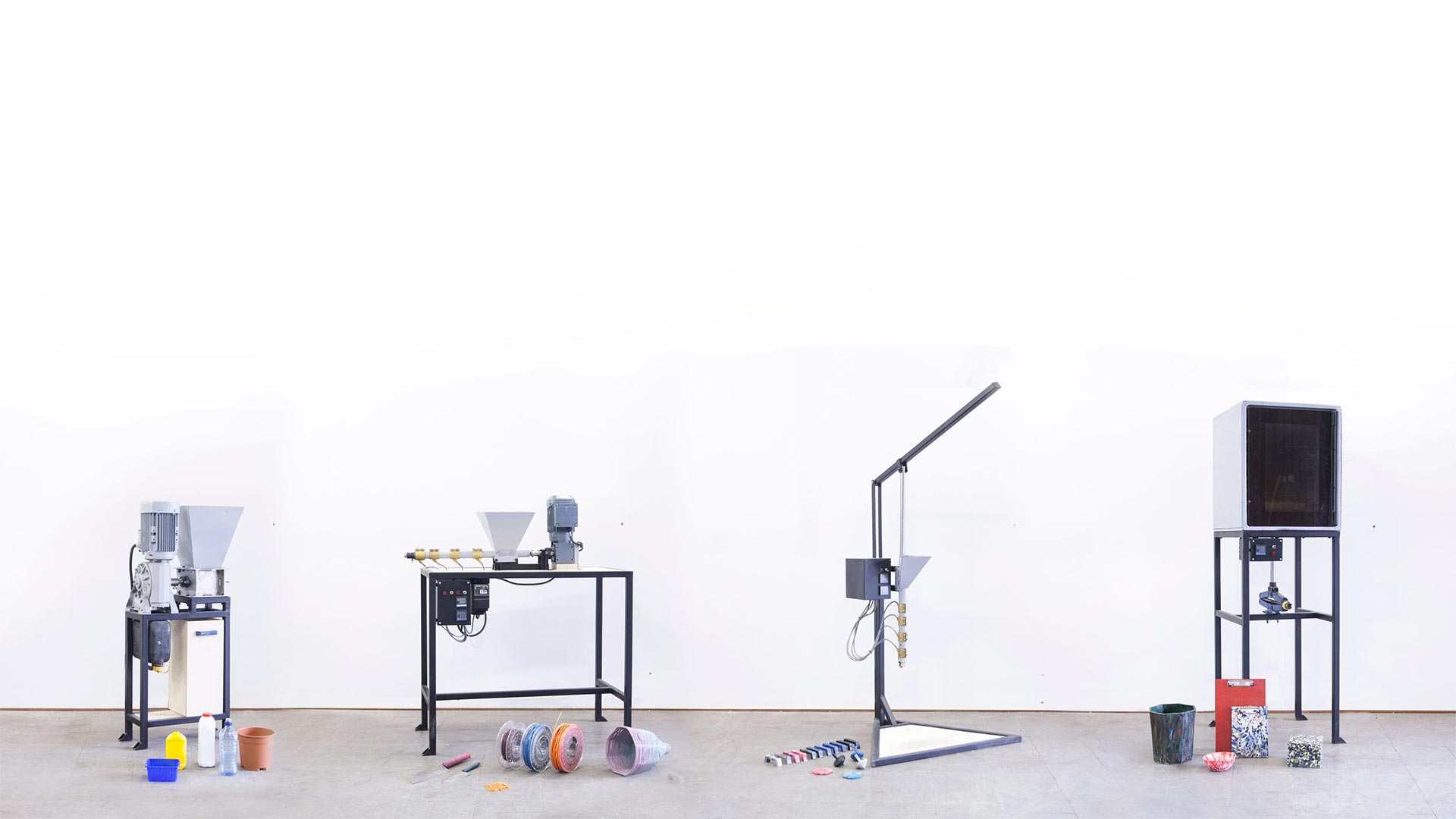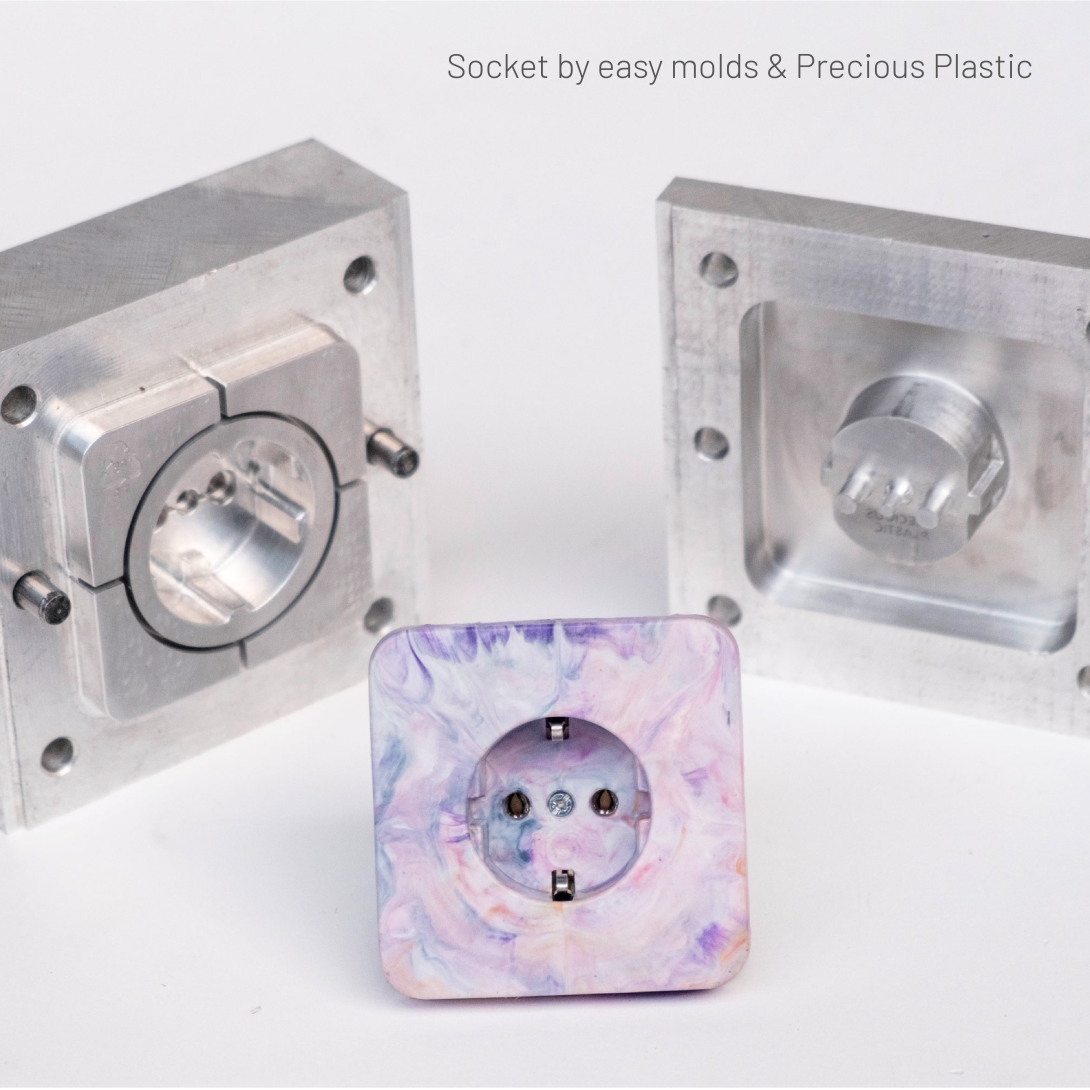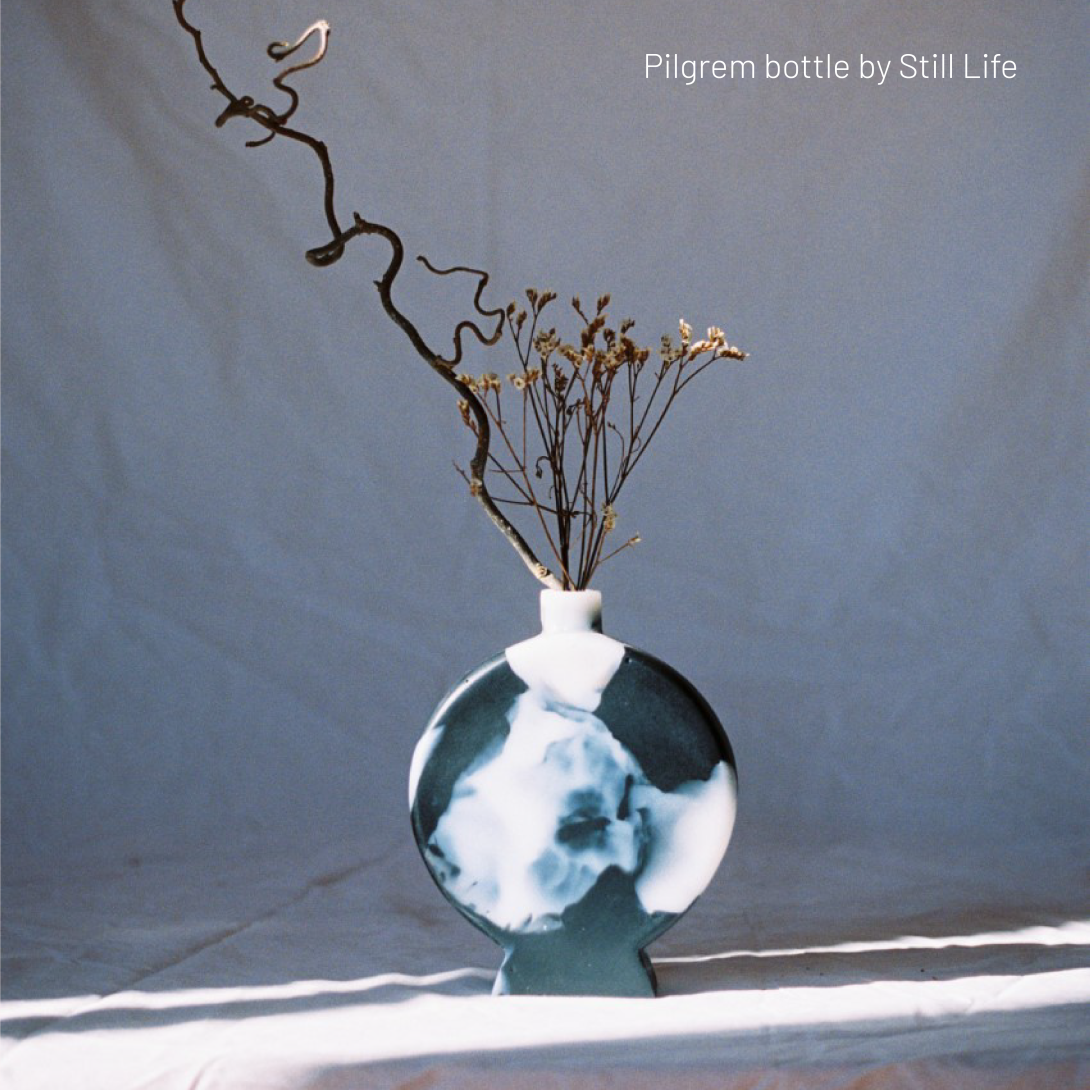Empowering Innovators: Open call for circular production at V-10 Circular Lab
Plastic pollution and waste is overflooding in our environment – and all over the world this creates severe and overwhelming challenges on a global scale. Ecosystems are collapsing, biodiversity drastically declines and human health issues become more prevalent. It is expected that plastic pollution will be tripled in 2040. (https://plasticchange.dk/hvem-er-vi/)
The challenges related to plastic waste and pollution are global and have no borders. Therefore, global collaboration and distributed models for tackling the challenges seems obvious. Small scale and locally anchored initiatives to large scale and political solutions are all part of the solution.
As we delve into the transformative world of Distributed Design, open-source technologies and circular design, we are thrilled to announce an exciting opportunity for innovators with a passion for sustainability. Our Open Call invites creative talents with ideas involving plastic recycling to explore the possibilities within our newly established Precious Plastic Lab.
This blog post reflects on the potential of using Injection molding techniques combined with low-cost mold making (tooling) using 3D printing. Injection molding is a common approach to mass-production and can be applied in large volume productions. However, traditionally speaking with limited accessibility due to the high cost of machines and tooling (molds). (https://www.hubs.com/knowledge-base/3d-printing-low-run-injection-molds/)
We have now launched an open call for our residency programme targeting designers, makers and creatives who are working with open-source extrusion and injection molding of recycled plastic. The principles of Distributed Design (explained in the paragraph below) is converged with this motive, to expand the journey from 3D-printing prototypes into creating small scale batch productions.
With machinery and a methodological approach based on the Precious Plastic community, low-cost injection molding and plastic waste, our Distributed Design residency aims to experiment with methods and techniques for creating low-cost molds for both extrusion and injection molding. With our open call we invite creative talents within the fields of circular design, material innovation, art and crafts to experiment and scale their production. Together with designers in residence we will combine the flexibility of 3D printing with the productivity, replicability/repeatability and quality of injection molding using recycled plastics.
Distributed Design Values: Open, Collaborative, Regenerative, and Ecosystemic
The Distributed Design Platform operates based on a set of core values that define its approach to design and manufacturing:
- Open: Designers embrace transparency, sharing their processes, from hardware and software to implementation and usability.
- Collaborative: The platform empowers citizens to actively participate in the design process through meaningful and participatory co-design approaches.
- Regenerative: Embracing regenerative making and design principles, the focus is on renewing and restoring systems rather than merely replacing or devaluing them.
- Ecosystemic: Acknowledging the complexity of interactions between cultural, natural, and social aspects, designs aim to improve the health of social and environmental systems.
Physical and Digital Ecosystem – the power of the collective
To facilitate the movement of data and empower local regenerative economies of materials, robust digital and physical ecosystems are crucial. The Distributed Design Platform is at the forefront of this mission, committed to connecting existing platforms that enable global connectivity. Combined with the massive collective knowledge, the tools and machines from the Precious Plastic Community, the intersection between digital fabrication, recycling of plastic waste and the power of the Distributed Design Platform offers great opportunities to scale 3D print production to open source injection molding and extrusion.
About V-10 Circular Lab
The infrastructure in V-10 Circular Lab is based on SLA 3D printing, metal workshop, presses, and three Precious Plastic machines: Shredder, extruder and injection molding machine. From here we will experiment with all sorts of casting with recycled and new waste materials.
Case Studies and Success Stories
Precious Plastic
The global challenges related to plastic waste and pollution have been and still are massive. In 2012 Dave Hakkens started developing a set of open source, accessible and affordable machinery to facilitate local small-scale recycling of plastics. In 2013 the version 1 of the Precious Plastic machinery was released. This quickly showed the potential of combining a set over open source plastic recycling machines with the power of a global community. The interest from the global community rapidly grew and the birth of the Precious Plastic community and platform was born. In 2020 the Precious Plastic Universer was released with the aim of democratizing plastic recycling and enabling everyone to become local recyclers. We all owe a great deal of gratitude and admiration to Dave Hakkens and the Precious Plastic team, as well as the global community of Precious Plastic.
GOMI
GOMI is a UK-based circular design studio based in Brighton Lanes. GOMI designs and produces electronic consumer products (GOMI Speaker and GOMI power bank) for circular lifespans by using waste plastics and second-life batteries. With a design philosophy of ‘design for disassembly’, right to repair and local production GOMI offers products for the future of consumer electronics. GOMI products are pressure molded using recycled plastic waste.
FOS
FOS is a Barcelona-based eyewear company who design and produce for a circular and distributed future using waste plastics and accessible technologies. FOS are using injection molding with recycled plastic and seamlessly are exploring collaborations, support structures (tools, repositories) and training that enables the global community to start producing eyewear as they do in Barcelona. True ambassadors and doers within the field of circular and distributed design and production.
Bridging the Gap with Open Source Technologies
Maker will explore how open-source extrusion and injection molding of recycled plastic can play a role in realizing the vision of Distributed Design, to bridge the gap between one-off prototypes and small batch production. We will use Precious Plastic’s open source plastic recycling machines and utilize their global community to qualify and optimize the machines and production methods
The motive in this scope is to democratize local plastic recycling and circular product development through accessible designs and affordable machinery. The scope of the open call and following residency is to enable designers and small businesses to seamlessly transition from 3D printing prototypes to small-scale batch production based on the open source hardware ecosystem of the Precious Plastics community.
The power of the community in making a positive impact on the global challenges of plastic waste
Highlight the overarching goal of the Open Call – to encourage projects that address and positively impact the global challenges related to plastic waste. Whether through innovative design solutions, recycling initiatives, or community engagement, we seek proposals that contribute to the broader mission of creating a healthier environment and reducing the negative impact of plastic.
Interested to know more about our Open Call?
Apply here!
Author: Asger Nørregård Rasmussen
Revision: Siri Bahlenberg
Partner organization: Maker V-10
City: Copenhagen


